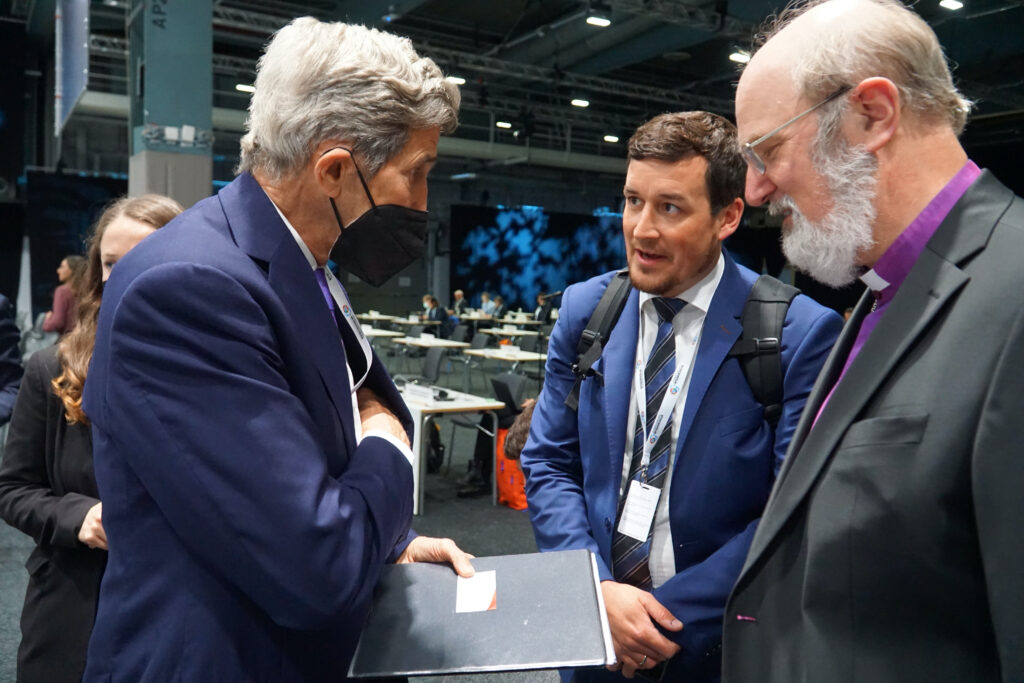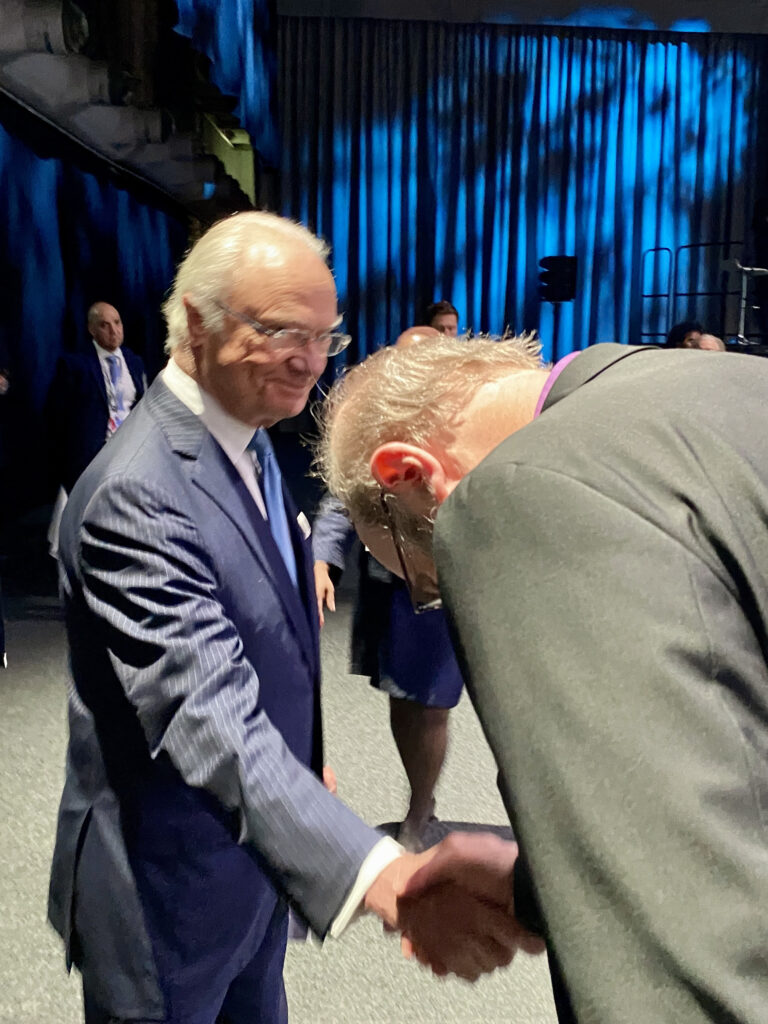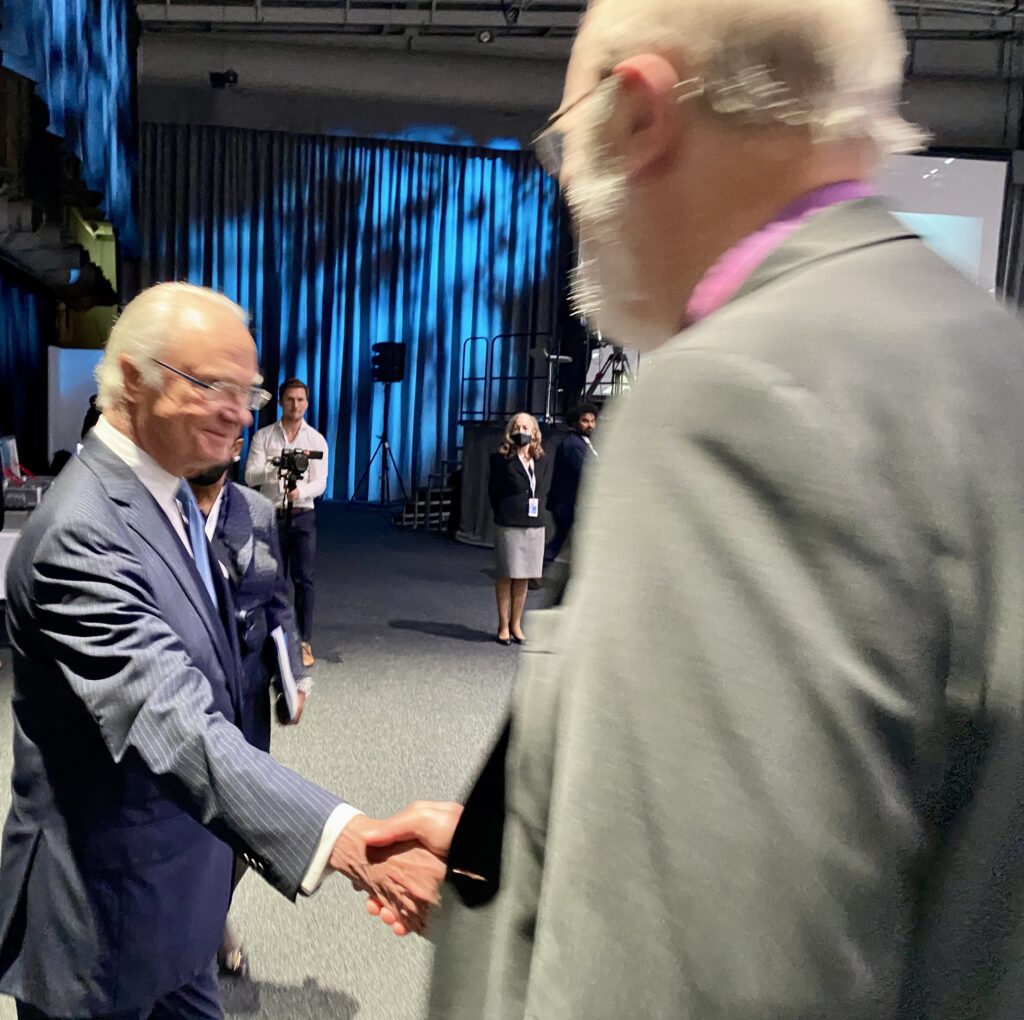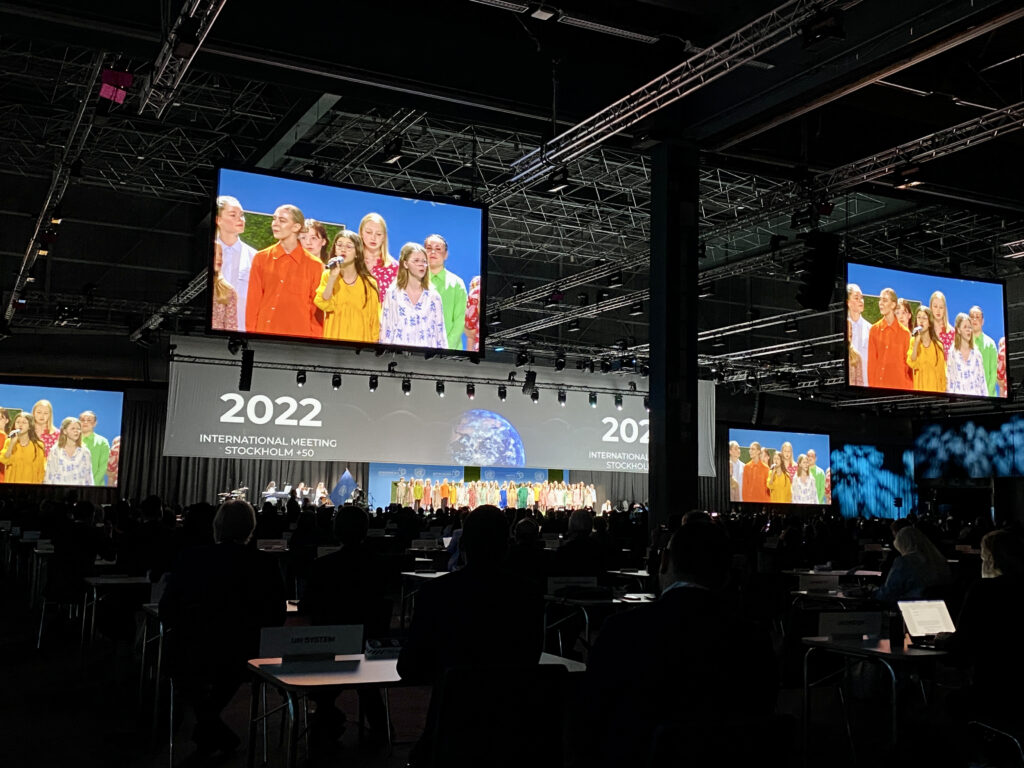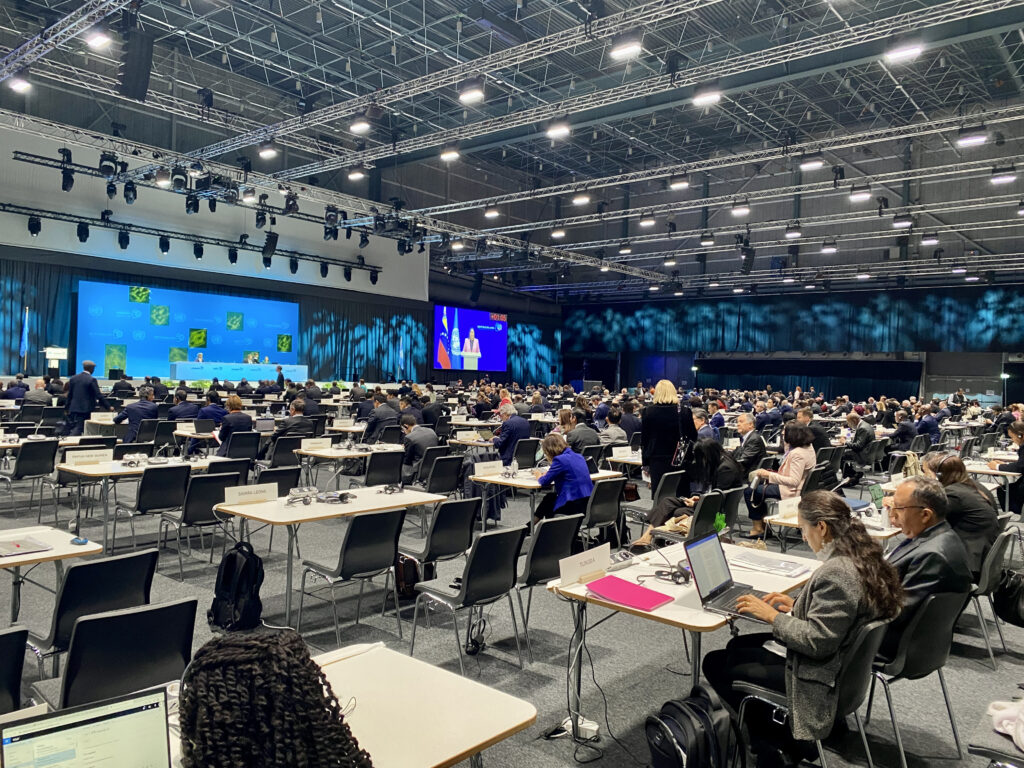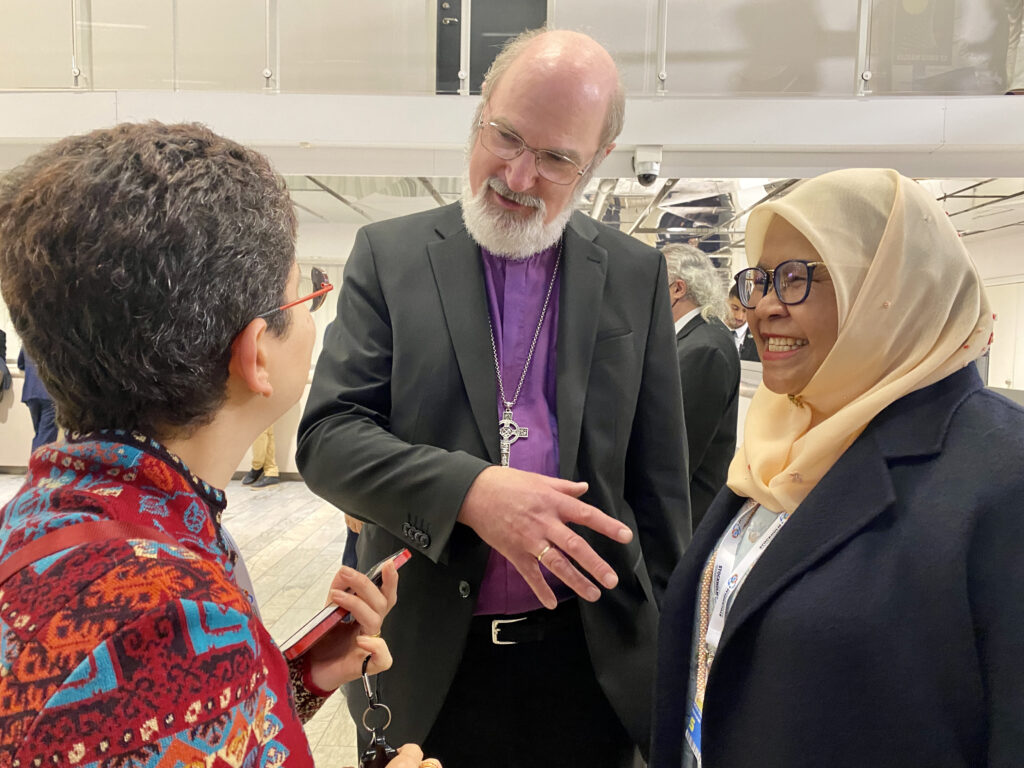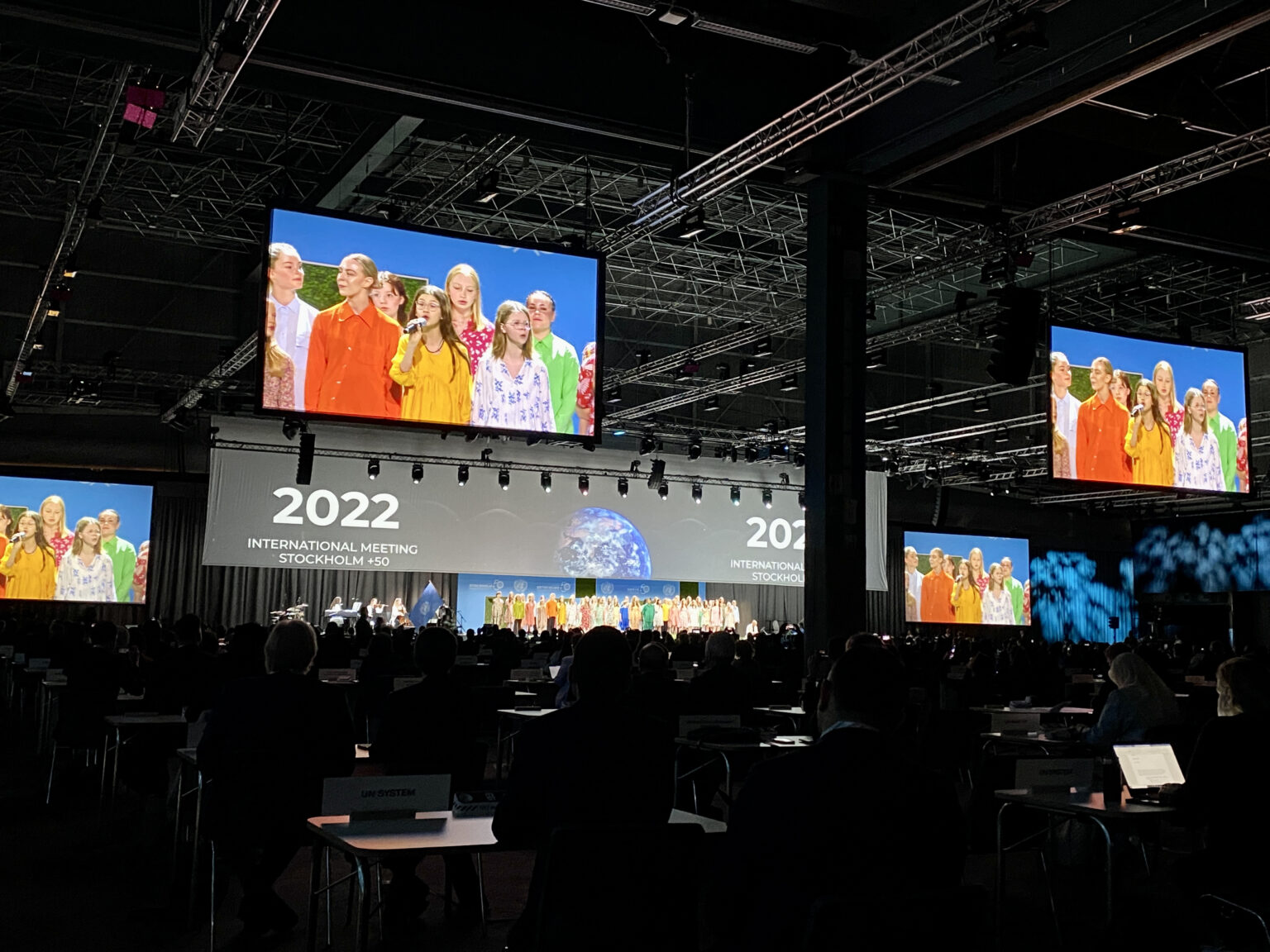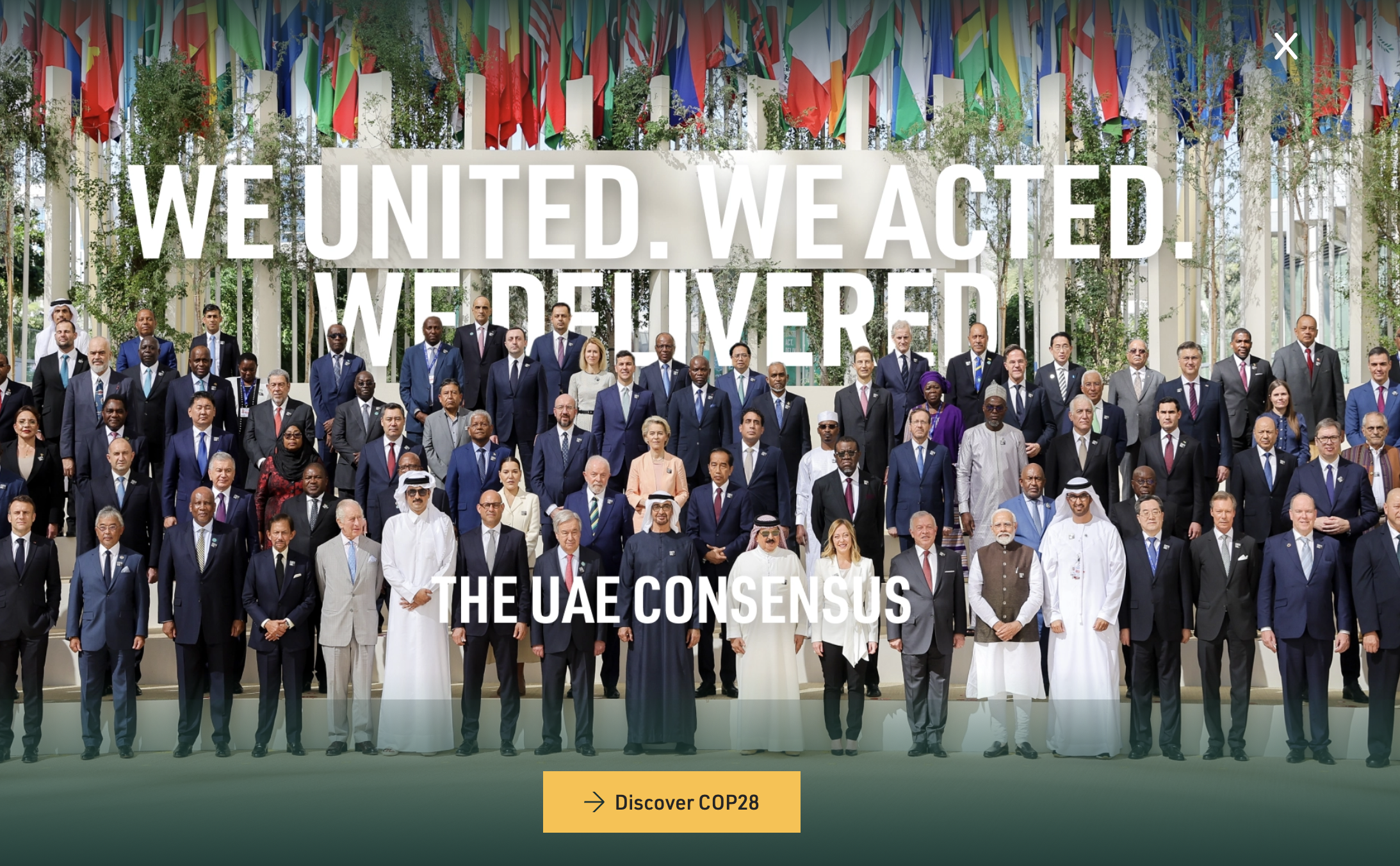An interfaith statement developed at Stockholm+50, “Faith Values and Reach – Contribution to Environmental Policy,” was signed by representatives of various faith-based organizations and Indigenous cultures across the world, including the World Council of Churches, and directed to the governments, UN entities, civil society, and all stakeholders of the “Stockholm+50” processes.
“The world is facing a triple ‘pandemic’ of climate change, biodiversity loss and pollution,” reads an introduction to the message. “Those hardest hit are those who have caused the least damage.”
The message notes that root causes of the triple planetary crises are deeply fueled by structural greed and apathy that underpin our current economic systems. “Amassing of obscene wealth by corporations and select individuals is directly related to global environmental problems and solutions, which is morally and ethically unacceptable,” the message reads. “Without addressing these underlying causes, we are on a collision course to disaster.”
The message further notes that poor and marginalized people, especially women, children, older persons, Indigenous people and those with disabilities are most impacted by climate change. “We have abused nature and Indigenous peoples and have been complicit with colonial extractive practices,” reads the statement.
The statement affirms that faith and Indigenous leaders and actors have the potential to play an essential role in shaping global environmental governance and policy making. “The traditions that we represent have unique capacities to convince, convene and contribute meaningful, moral, economic, spiritual and social substance to public deliberations,” reads the message. “The 1972 Stockholm Declaration recognized and referred to the necessity of spiritual growth of humans towards living in harmony with nature.”
The message also includes a “call to action” that urges governments, UN entities, civil society and churches to, among other actions, Implement the human right to a clean, healthy and sustainable environment as a key step towards achieving sustainable development, poverty eradication, inclusivity and gender equality, while respecting rights of nature.
“Amplify the voice of women and girls in all their diversity as important stakeholders of climate solutions and climate finance,” urges the message.
Stockholm+50, held 2-3 June, was convened by the United Nations and hosted by Sweden with support from the Government of Kenya. The theme of the international meeting this year is “A Healthy Planet for the Prosperity of All – Our Responsibility, Our Opportunity.”
Stockholm+50 presented an opportunity for co-creation and a multi-stakeholder approach to accelerate implementation in the coming decade in areas fundamental to a sustainable future: the relationship between human and nature, what we invest in, and how resources are used and shared.
The name refers to the five decades that have passed after the 1972 UN Conference in Stockholm made the link between environment and poverty, and placed it at the forefront of the international agenda. The conference commemorated the watershed moment that the 1972 conference represented, and reflected on the current situation.
PDF herunterladen und direkt einstellen/anbieten:
Text of the Document: https://wedocs.unep.org/bitstream/handle/20.500.11822/40048/Stockholm%2b50%20Interfaith%20Statement%2025%20May%202022.pdf?sequence=1&isAllowed=y
Links: https://www.unep.org/faith-based-engagement-stockholm50
https://www.smc.global/en/nyheter/interfaith-statement-at-stockholm-50-2/
